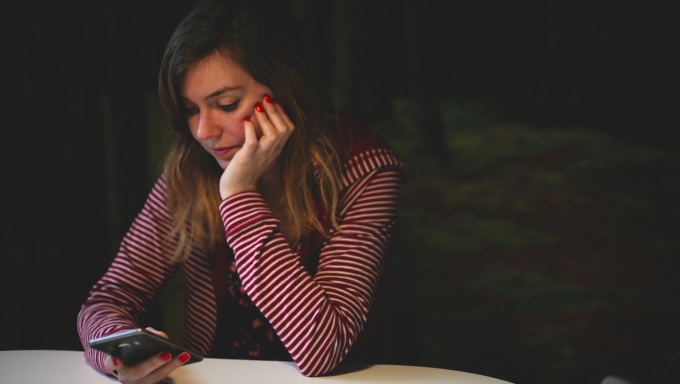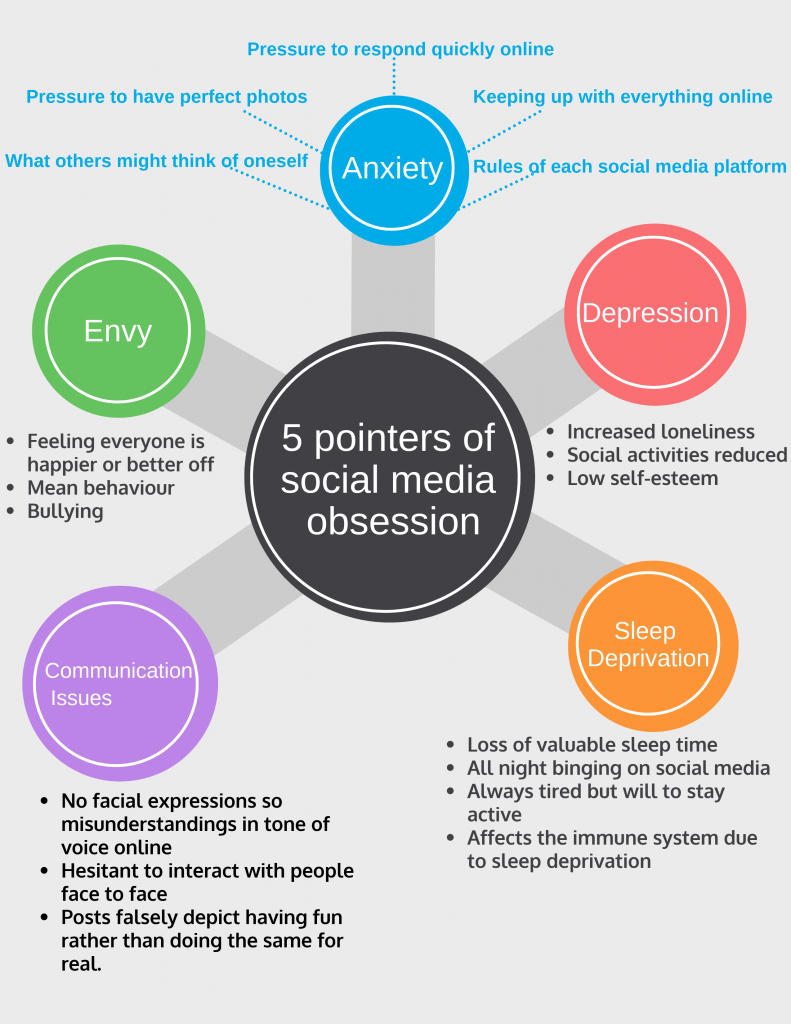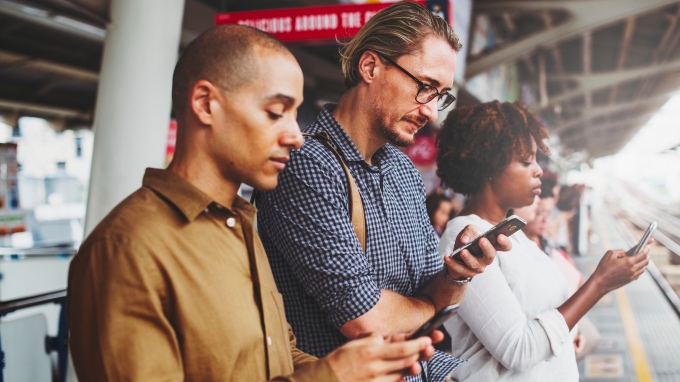Young people normally indulge in two hours of social media browsing time per day and this trend could put their mental health at risk.

Young people who excessively use social media are more likely to suffer from mental illness.
Approximately 30% of daily users with a disorder were on social media for more than four hours on a typical school day, compared with 12% of daily users without a mental health condition, according to the latest report undertaken by NHS Digital for 2017/18.
Teachers are becoming increasingly concerned about the effects of social media on students. Tomos, who is the head teacher of a primary school in Cardiff, said, “These kids have a device with them all the time and they seldom switch it off. Unlike the old days, in the present times, children don’t switch off their devices when they come home from school. Problems with social media and bullying through texting are becoming real issues.’’

Young people should spend less than a couple of hours a day on recreational screen time but only a minority of adolescents can meet the standard, according to a report from National Assembly for Wales.
“I might spend almost two or three hours on browsing social media every day. I know I spend too much time on social media. I feel guilty, anxious especially during the period of preparing for examinations.” said Arista, a postgraduate from Cardiff University.
She usually uses social media after waking up, during intervals throughout the day and before sleeping. “I cannot help keeping up with everything online.” said Arista. When she is experiencing study pressure, Arista tends to browse more often to vent off.

However, using social media to reduce pressure might not serve in a long-term positive way. Catherine Corless, who is a certified grief recovery method specialist, thinks, “Young people usually regard social media as a reliever, like alcohol. Perhaps in a short term, it helps reduce the pressure. But if one gets habituated, it will have a negative impact on their ability to function in the real world.”
Some students who use social media heavily have admitted that making new friends in real life has become harder for them. Jennifer, a 19-year-old student, She said, “I have got used to chatting online and sometimes I deliberately isolate myself from others to avoid communicating. I am even scared of answering phones.”

In addition to preferring online communication, another aspect which bothers young people is validation from the social media circle. She further adds, “I am highly concerned whether people would like my posts on Instagram or not.’’
Here are some tips on how to reduce your dependence on social media:
Help is also available below:
